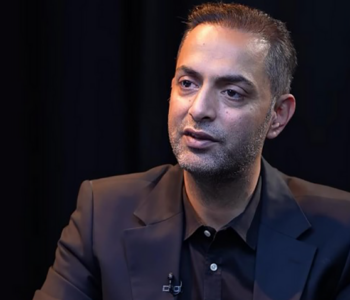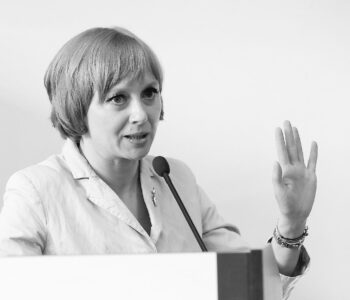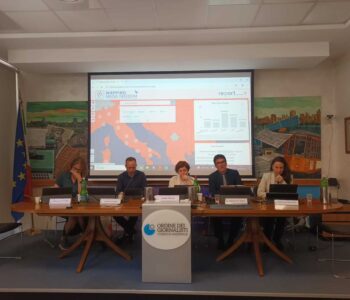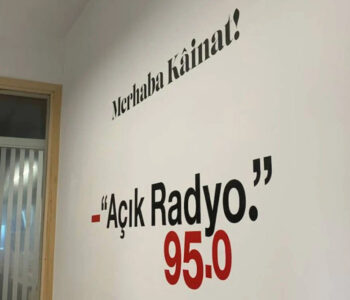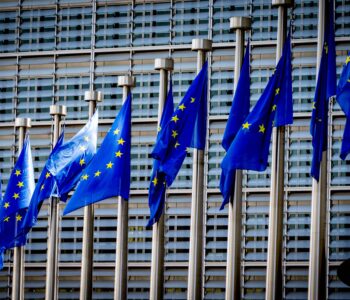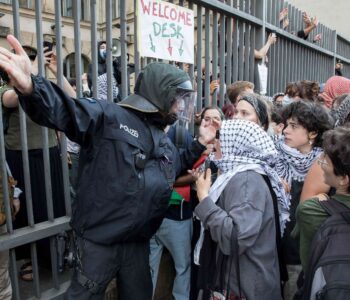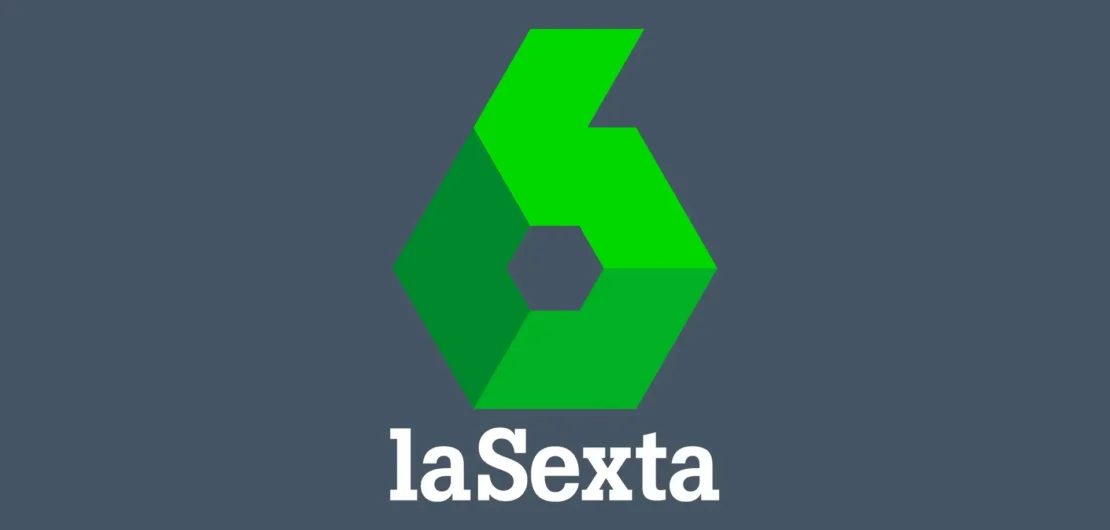 Library
Library
Spain: barrage of online intimidation against journalists threatens safety
Spain: barrage of online intimidation against journalists threatens safety
The Media Freedom Rapid Response (MFRR) consortium condemns the online intimidation of investigative journalists working for La Sexta TV by Daniel Esteve, CEO of the eviction company Desokupa. Esteve’s harassment and threats to reveal personal information put the journalists’ safety at great risk. We call on the Spanish authorities to take immediate action to protect them.
The undersigned organizations are deeply concerned by the threats and intimidation targeting the investigative journalism team of Equipo de Investigación, a program on Spanish private TV channel La Sexta, by Daniel Esteve, CEO and owner of the eviction company Desokupa. Between 8-15 September, Esteve used his widely followed social media to repeatedly insult and fuel online threats against the journalists.
La Sexta’s Equipo de Investigación frequently examines sensitive social issues in Spain. On this occasion, the team was preparing a report on Esteve and his company’s controversial eviction practices. During a phone call to request an interview, Esteve not only asked for a bribe, but also secretly recorded the conversation and shared it online. His posts included violent rhetoric and insults.
After singling out a member of the investigative team by publishing her name, Esteve threatened to commit doxxing, by circulating the journalists’ personal data including “addresses, telephone numbers and information about where the workers of the program on La Sexta take their children to school”. He further called on his followers to send him “dirty or funny” content about the journalists to publish. In the same online post, seen by almost three million people to date, Desokupa’s CEO also threatened to use squatters to occupy the journalists’ second homes.
In Spain, legislative protections for journalists exist but remain insufficiently enforced. Spain’s Constitution protects freedom of the press under Article 20, guaranteeing journalists the right to report without fear of censorship or reprisal. Adopted in September 2021, the EU Recommendation on the protection, safety, and empowerment of journalists also outlines strong safeguards, both online and offline. Yet, in practice, these guarantees are continually undermined when public figures like Esteve are able to threaten journalists with impunity.
The MFRR urges Spain to fully implement the existing safeguards, reminding the authorities that Member States must guarantee the promotion of in-house training by media companies, to avoid similar threats in the future. Furthermore, we call on media companies to conduct comprehensive security and risk assessments, as well as digital training, with a particular focus on data protection.
Atresmedia, La Sexta’s parent company, has announced it will file a criminal complaint. We urge Spanish authorities to investigate this case thoroughly and hold Esteve accountable. But more must be done to protect journalists against harassment on social media. The MFRR encourages the Spanish government and human rights institutions to carry out comprehensive research on the plague of online threats targeting information professionals and pay particular attention to the targeting of female journalists.
MFRR monitoring indicates that a significant portion of media freedom violations occur online, accounting for 25% of recorded attacks across monitored countries in 2024. The consortium will continue to closely monitor these threats and provide timely support to the journalists.
This statement was coordinated by the Media Freedom Rapid Response (MFRR), a Europe-wide mechanism which tracks, monitors and responds to violations of press and media freedom in EU Member States, Candidate Countries and Ukraine.

